In a night marked by powerful performances and political tension, 24-year-old Israeli singer Yuval Raphael secured second place at the Eurovision Song Contest, coming in just behind Austria. While she didn’t take home the top prize, she won something even more profound—the overwhelming support of the public vote.
Raphael’s performance of “A New Day Will Rise”, a deeply emotional ballad penned by Keren Peles, resonated with millions. The song reflects on the trauma of the October 7th terror attacks in Israel, which Raphael personally survived during the Nova music festival massacre. Her voice, unwavering yet vulnerable, carried a message of resilience and hope that cut through the noise—both literal and political.
Facing mounting calls to boycott Israel’s participation and enduring threats to her safety, Raphael stood her ground. During her performance, two protestors attempted to rush the stage—one incident even involved an assault on security personnel. Despite the disruption, Raphael continued singing with grace and composure, and the applause she received silenced the chorus of boos from detractors.
Immediately after her performance, the National Security Council issued an alert to Israelis in Basel, Switzerland, via the Home Front Command app. The notification warned of extensive pro-Palestinian protests unfolding in the city center, though Swiss police were on the scene and maintaining control. Israeli citizens were advised to avoid confrontations, minimize identifiable Israeli features in public, and contact local authorities at 117 if concerned for their safety.
Following the event, Raphael said, “The real victory will be when the hostages are home.” Her words underscored a deeper mission, turning the global stage into a platform for remembrance, resistance, and peace.
Despite the chaos surrounding her, Yuval Raphael emerged as a symbol of strength and grace. In a contest known for its spectacle, it was her story—and her song—that truly moved the world.

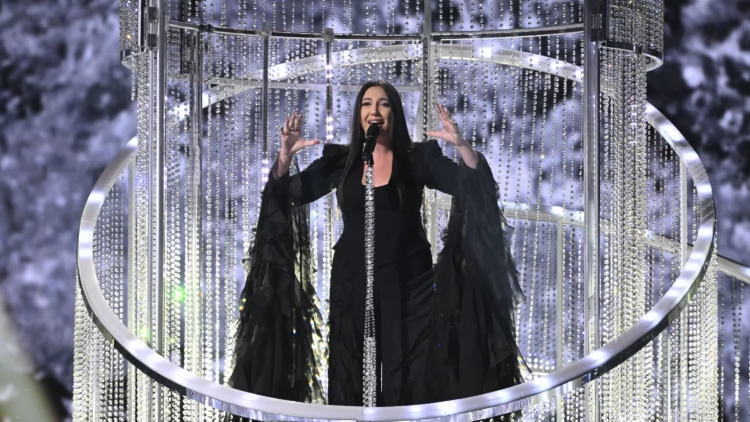
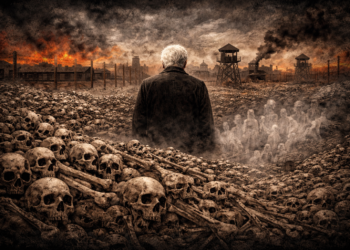



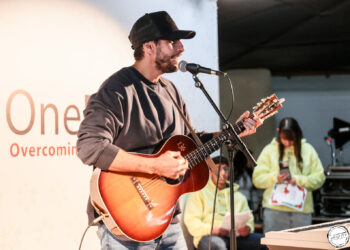
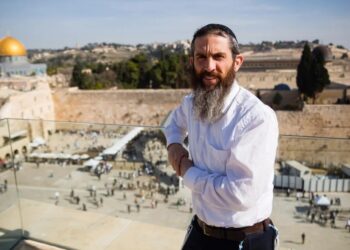















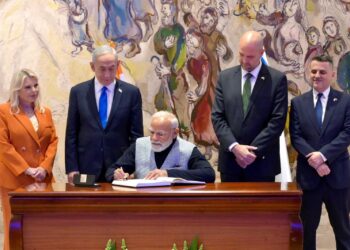

Discussion about this post